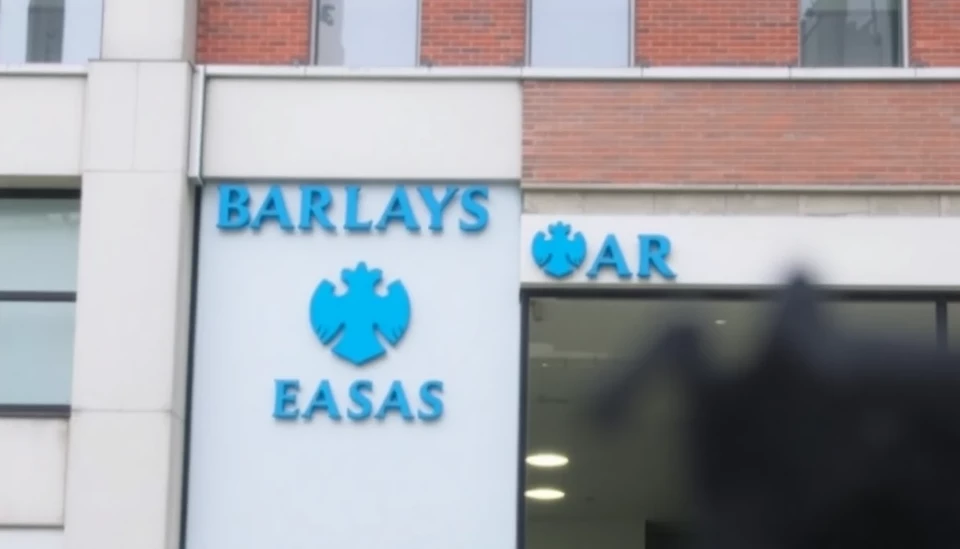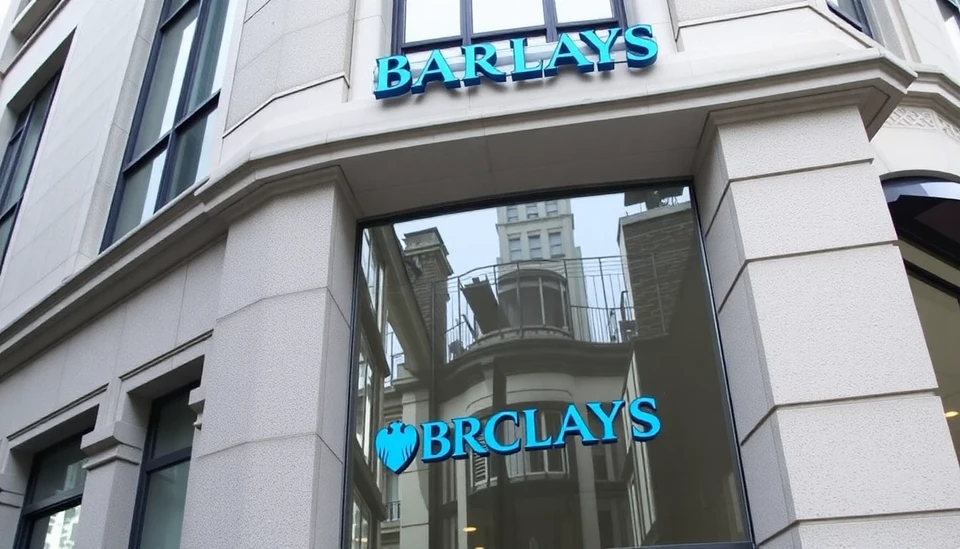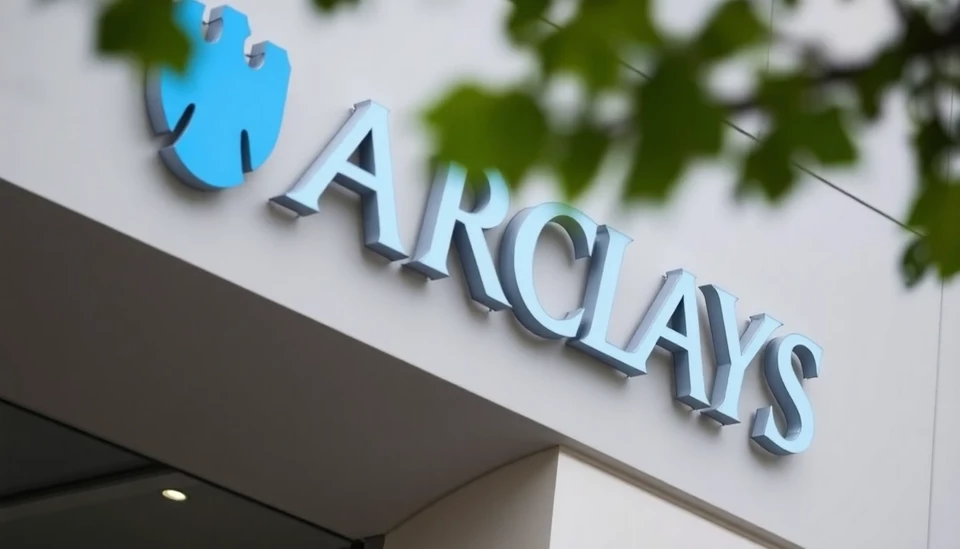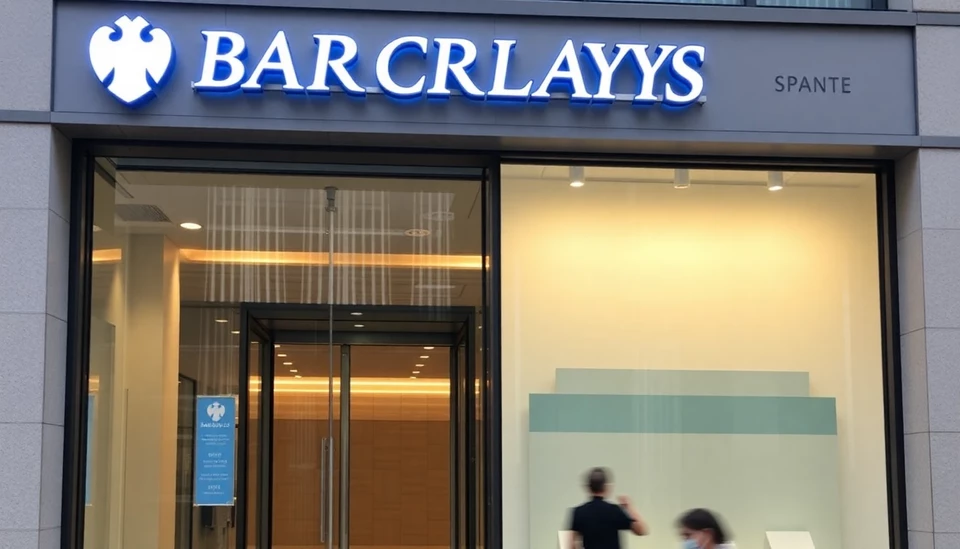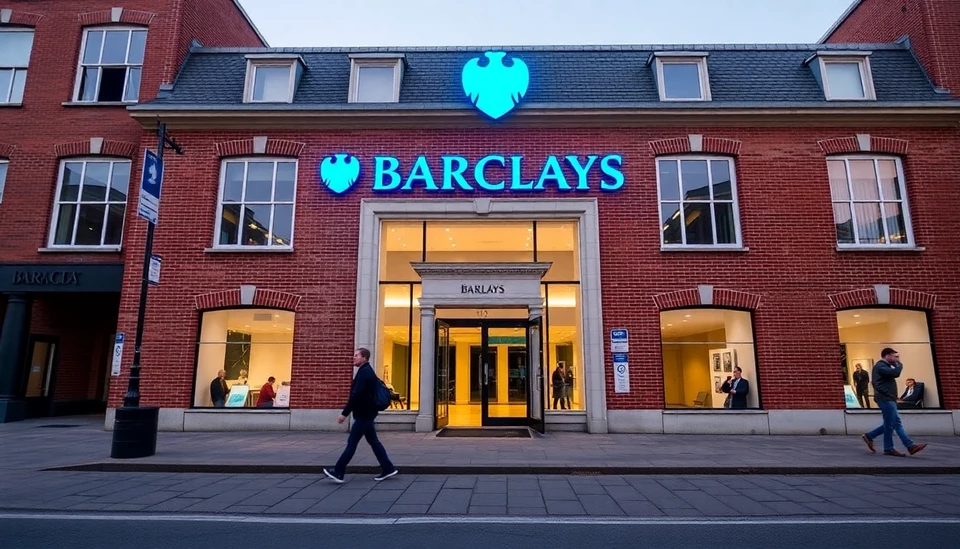
In a significant move for its operational strategy, Barclays has decided to delay the relocation of its European office away from Dublin for at least another four years. This development marks a shift in the bank's business strategy as it continues to assess the evolving regulatory landscape and market conditions in the post-Brexit environment.
The decision stems from various factors, including the ongoing client demand for Barclays’ services in the Irish capital and the challenges posed by the current geopolitical landscape. Initially, Barclays had indicated plans to shift some of its EU operations to a location outside Dublin, primarily in response to Brexit and the resulting changes in the banking sector across Europe.
However, recent evaluations have suggested that the current infrastructure in Dublin is still valuable for the bank's European operations. Barclays has been expanding its workforce in Ireland, highlighting the importance of the Dublin office as a hub for business activities in the EU. The bank employs approximately 800 people in its Dublin office, which has become an integral part of its European strategy.
Furthermore, the delay comes amidst increasing concerns over staff relocation and the broader implications of shifting offices during a time of economic uncertainty. Regulatory challenges related to the EU’s financial framework have also contributed to the decision. Barclays' executives believe it is essential to maintain stability in operations before committing to any changes that could disrupt their services to clients.
The extension of the Dublin timeframe until 2027 reflects Barclays' commitment to ensuring that its operations remain effectively aligned with both client needs and regulatory expectations in an uncertain economic environment. This strategic pause allows the bank to engage in more extensive planning and analysis, ultimately leading to decisions that are beneficial in the long run.
Industry analysts propose that this decision may set a precedent for other banks that are contemplating similar relocations. As post-Brexit adjustments continue to unfold, it remains to be seen how other financial institutions navigate their operational challenges across Europe.
Barclays’ commitment to Dublin showcases not only the bank's adaptability but also the ongoing importance of the Irish market in the broader European context. This strategic delay might prove to be a prudent move as the financial landscape evolves in the coming years.
#Barclays #Dublin #Brexit #EUBanking #FinancialNews #BankingIndustry #RegulatoryChanges
Author: John Harris

